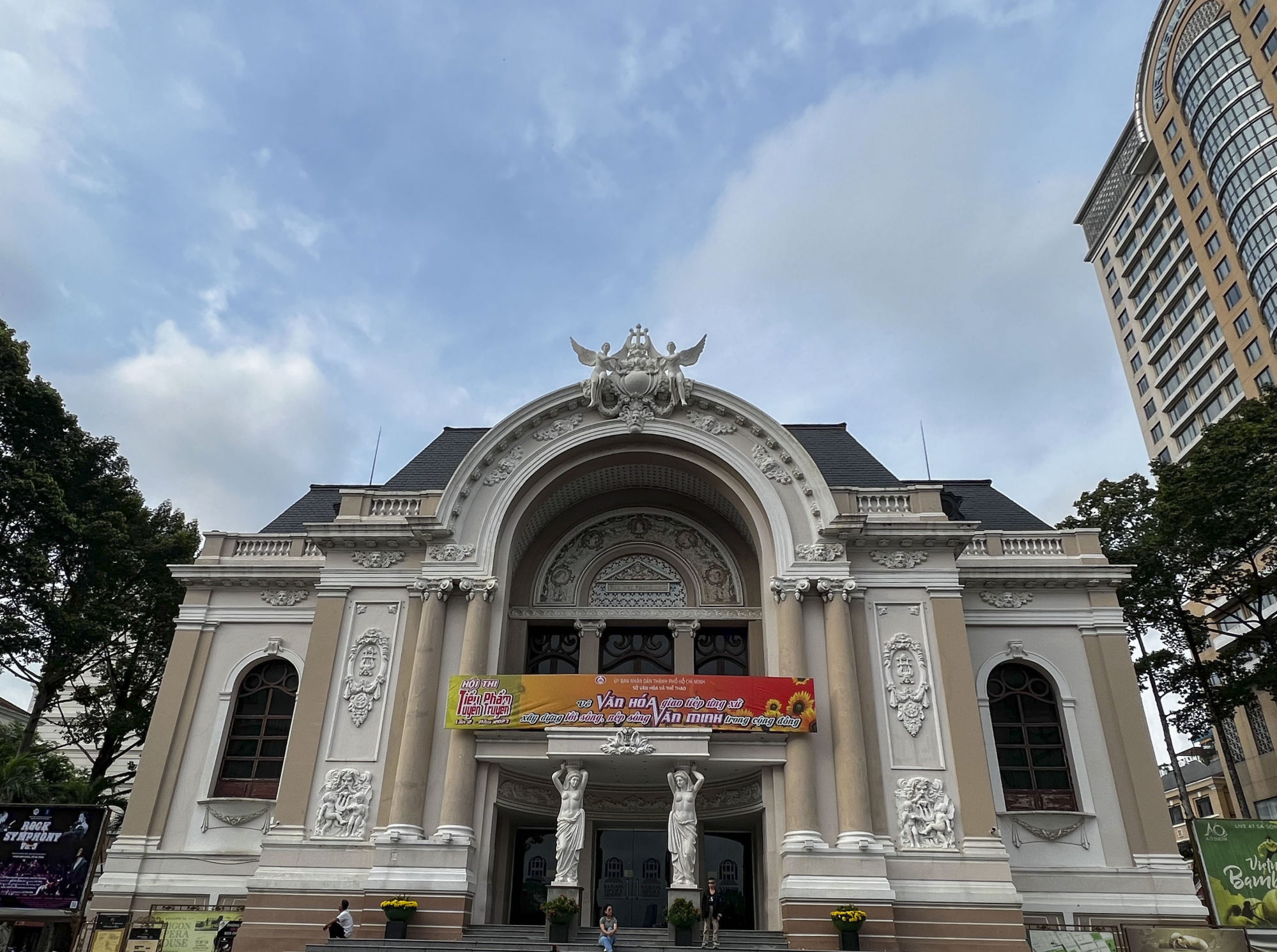
Bad for business and leisure? Why Hong Kong’s visa rules are sending Vietnamese visitors to Asean nations
- Tracy Ly Kiet Oanh had to supply her birth certificate and list of every place she travelled in past decade to city’s immigration authorities to obtain tourist visa
- At a time when Hong Kong is desperate to deepen ties with Southeast Asian nations, city’s tough entry rules are putting Vietnamese tourists and executives off from visiting
When Ho Chi Minh City resident Tracy Ly Kiet Oanh wanted to visit Hong Kong with her mother in June, it took one month to process the paperwork for the tourist visas, but that was only part of the hassle of obtaining the permit.
The administration manager said Hong Kong’s Immigration Department asked for a record of every place overseas she had travelled in the past decade, as well as her birth certificate, as supporting documentation.
“To be honest, I forgot where I had been, especially 10 years ago, so I browsed my social media and retrieved pictures of food and places as proof, even though many of them do not show my face,” she said. “I also don’t have any [original] birth certificate, but lucky that my mother keeps my copy.”

Ly and her mother were given tourist visas to enter Hong Kong, but the permits were valid for only seven days and cost HK$230 (US$30) each, while the maximum period of stay for business executives is two weeks.
Travelling elsewhere in the region is far easier for Vietnamese, as they do not need a visa to enter Singapore, Malaysia, Thailand, Laos or other countries that belong to the 10-member Association of Southeast Asian Nations (Asean) trade bloc.
While Ly said she enjoyed Hong Kong and hoped to visit more often, the visa requirement was off-putting.
Business leaders and travel industry stakeholders agree, saying immigration rules are discouraging Vietnamese from visiting at a time when the city is trying to bolster ties with Southeast Asia as part of its post-pandemic recovery efforts.
China’s top diplomat backs Hong Kong membership of world’s biggest trading bloc
Winnie Wong Wing-yee, general secretary of the Hong Kong Business Association Vietnam, said in an interview on Thursday that city authorities urgently needed to relax visa requirements or the city could lose business opportunities to regional rivals.
“In the post-pandemic economic recovery, there are companies here that want to send staff to Hong Kong for training, but it is so difficult to apply for a visa for leisure or work purposes that businesses or opportunities will be diverted to Singapore and Malaysia as a result,” said Wong, who has lived and worked in Ho Chi Minh City for the past 18 years.
Ho Chi Minh City, still widely known as Saigon, is home to about 9.3 million people and is the country’s financial and cultural hub. Hong Kong has been among its six leading sources of foreign investments over the past decade.
Hong Kong to enter world’s largest free-trade pact in Asean partnership
Wong noted that visa requirements for Hong Kong residents visiting Vietnam were eased after the country reopened its borders following the end of Covid-19. Applications can be done electronically and the fees have been halved to US$25.
Connectivity was also boosted on Tuesday when Greater Bay Airlines launched a twice weekly direct flight from Hong Kong. It is the fourth airline after Cathay Pacific Airways, Vietnam Airlines and budget carrier VietJet Air to operate direct flights between the two cities.
Wong said she hoped for a breakthrough in easing the visa rules, pointing to a coming visit by Hong Kong security chief Chris Tang Ping-keung to Hanoi late next month, with travel permit rules one of the items on the agenda.
“We hope the visit will at least shorten the application time for a travel visa, as the application is even more complicated than applying for a visa to the United States and Canada [for Vietnamese],” she said.
A Security Bureau spokesman said Hong Kong’s visa policy was subject to review from time to time, while the Vietnamese consulate did not comment on whether the rules were expected to be relaxed for Hongkongers.
Vietnam will ease visa requirements for foreign visitors from 25 countries on August 15, excluding Hong Kong residents.
Tina Phan, Indochina director at the Hong Kong Trade Development Council, agreed the requirements were a burden.
“We have many trade shows in Hong Kong and delegations coming from Ho Chi Minh City or other parts of Vietnam to Hong Kong, but getting a visa [from Hong Kong’s authorities] is a problem,” she said.
Greater Bay Airlines launches flights between Hong Kong and Ho Chi Minh City
Danny Sin, assistant general manager of business development at EGL Tours, said Vietnamese authorities should further simplify the visa application for Hongkongers, including payment options.
Sin knew of cases where some credit cards were not accepted on the e-visa application platform even though they were officially recognised as a valid form of settlement.
Sin said he had to pay US$150 for an express e-visa, which still took three working days to receive, after his online payment failed for unknown reasons.
“Unless Hong Kong travellers travel in tour groups, it is challenging for less technology-savvy individuals to apply for the e-visa,” he said.
The Hong Kong Tourism Board regards Vietnam as an emerging destination for residents. Data shows 11,776 Vietnamese travelled to Hong Kong in the first half of this year, or 42 per cent of pre-pandemic levels.
Vietnamese still represent a minority of Hong Kong’ total tourist arrivals, with nearly 13 million people visiting during the six-month period, or 37 per cent of pre-Covid levels.
In the first half of 2023, 5.41 million travellers from around the world visited Vietnam, or nearly two-thirds of pre-Covid levels.

